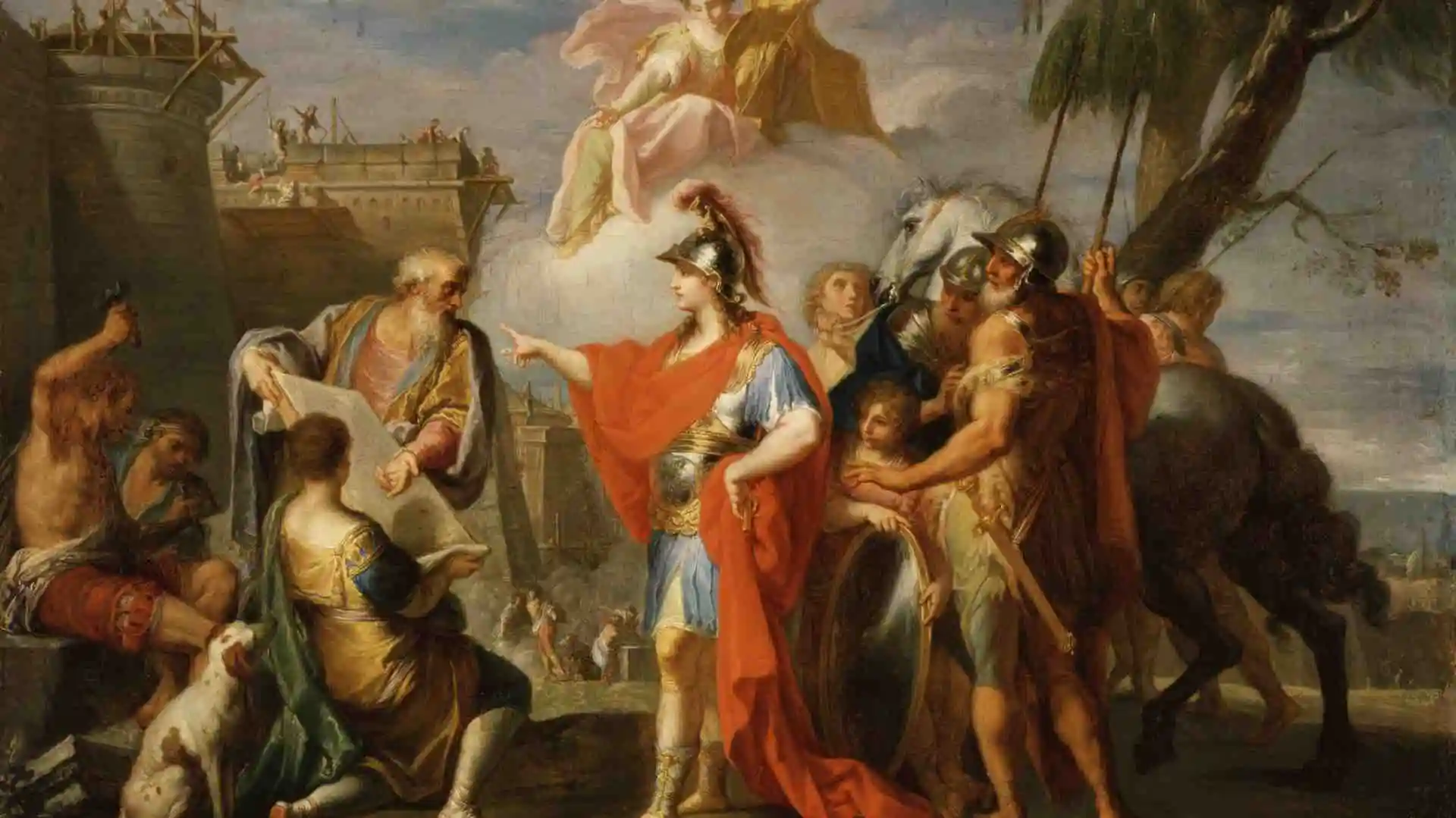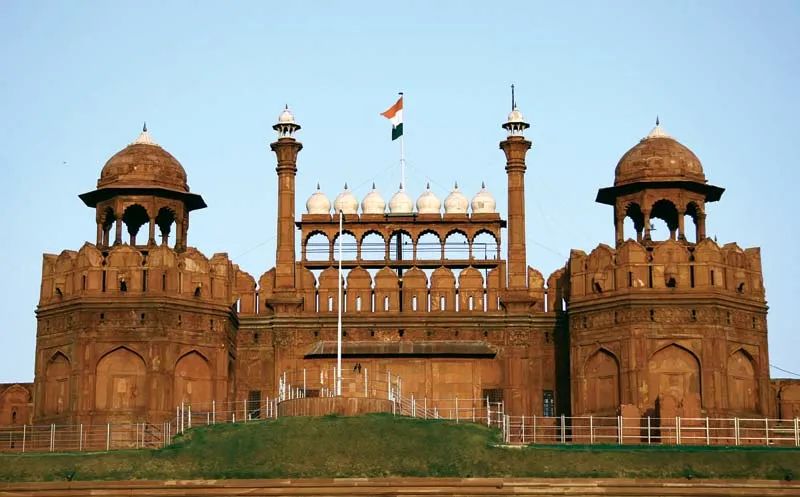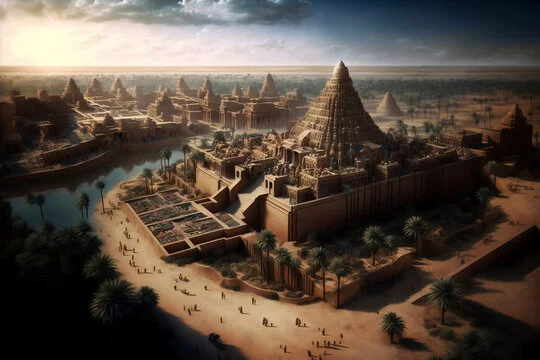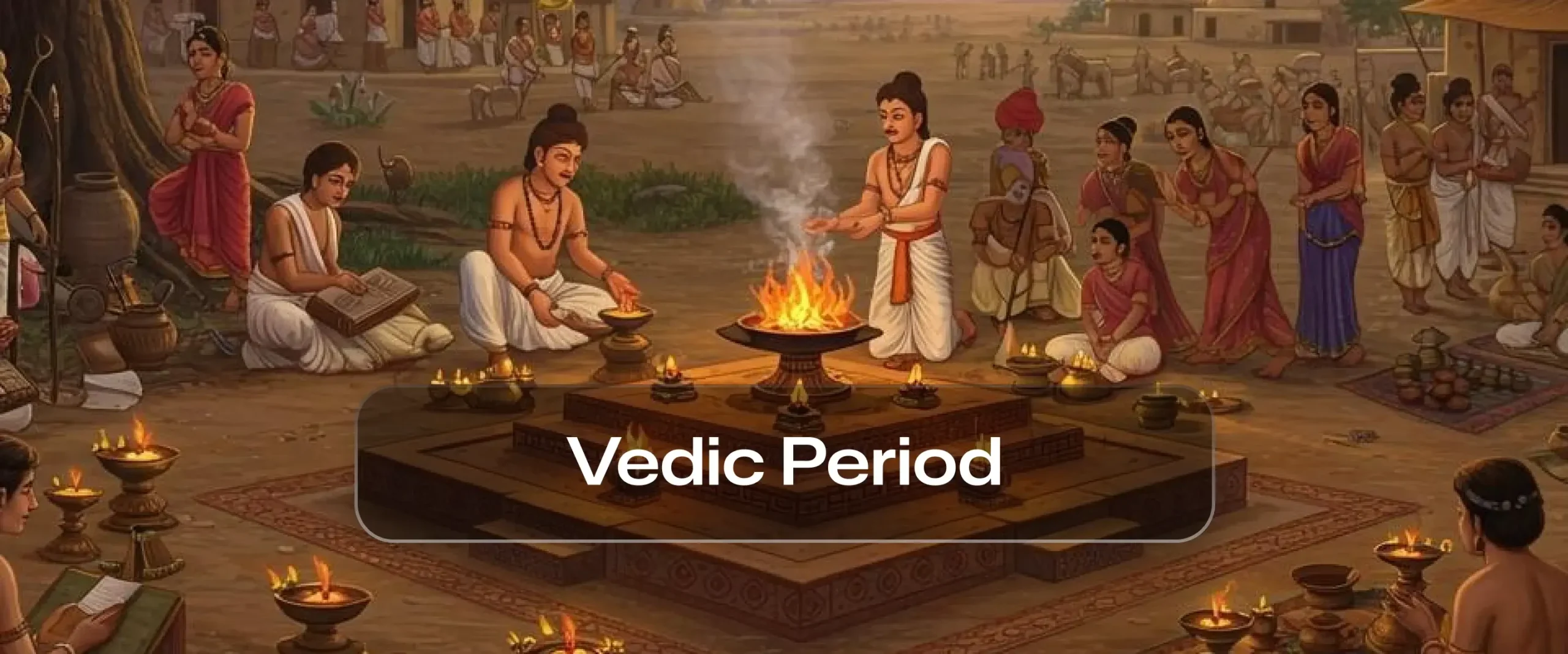The story of Alexander the Great is one of ambition, courage, and vision. Born in 356 BCE in Pella, Macedonia, Alexander became one of history’s most successful military commanders. By the age of 30, he had built one of the largest empires ever known — stretching from Greece to Egypt and as far east as India. His legacy as a leader, warrior, and visionary continues to influence the world even today.
Early Life and Education
Alexander was born to King Philip II of Macedonia and Queen Olympias. From a young age, he displayed intelligence and determination. His father’s ambition to unify Greece deeply influenced him, while his mother instilled a belief that he was destined for greatness.
At age 13, Alexander was tutored by the famous philosopher Aristotle, who taught him philosophy, science, literature, and politics. Aristotle’s teachings shaped Alexander’s love for knowledge and his vision of spreading Greek culture throughout the world.
The Path to the Throne
In 336 BCE, King Philip II was assassinated, and the young 20-year-old Alexander became king of Macedonia. Many doubted his ability to rule, but Alexander quickly proved his strength by crushing revolts and uniting the Greek city-states under his command. Once his position was secure, he set his sights on fulfilling his father’s dream — conquering the Persian Empire, the most powerful empire of the time.
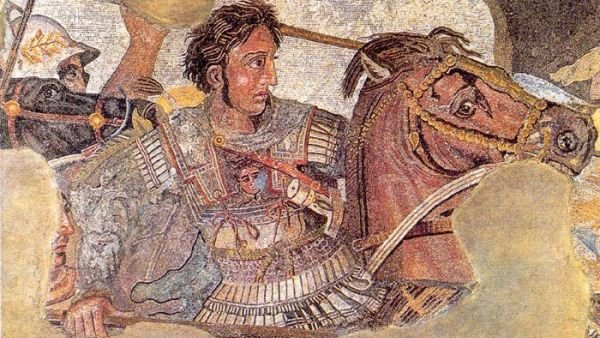
Conquest of the Persian Empire
In 334 BCE, Alexander led his army across the Hellespont (modern-day Turkey) and began his campaign against Persia. His first major victory came at the Battle of Granicus River, followed by decisive triumphs at Issus (333 BCE) and Gaugamela (331 BCE). These victories demonstrated his military genius and fearless leadership.
The defeat of the Persian King Darius III marked the end of the Persian Empire. Alexander then declared himself the ruler of Asia, becoming the master of the known world.
Expansion into Egypt and India
After conquering Persia, Alexander moved south and entered Egypt in 332 BCE, where he was welcomed as a liberator. There, he founded the city of Alexandria, which became a center of learning and trade for centuries.
Driven by an unending desire for conquest, Alexander marched eastward into India. In 326 BCE, he fought the famous Battle of the Hydaspes River against King Porus, one of the toughest battles of his career. Though victorious, Alexander was impressed by Porus’s bravery and reinstated him as a ruler — a testament to Alexander’s respect for valor and leadership.
Alexander’s Leadership and Vision
Alexander was not only a conqueror but also a visionary. His aim was to create a unified world where cultures could coexist. He encouraged marriages between Greeks and Persians, adopted Persian customs, and established new cities blending Greek and Eastern traditions.
He was admired by his soldiers for sharing their hardships and leading from the front. His charisma and determination inspired loyalty, but his relentless ambition also caused fatigue among his men, who eventually refused to march further east.
Death and Legacy
In 323 BCE, while in Babylon, Alexander fell ill — possibly due to malaria or poisoning — and died at the young age of 32. His untimely death left his vast empire without a clear successor, leading to its division among his generals, known as the Diadochi.
Despite the fragmentation of his empire, Alexander’s legacy lived on.
- His conquests spread Greek language, art, and philosophy across three continents.
- The Hellenistic Era that followed blended Greek and Eastern cultures, laying the foundations of Western civilization.
- Cities like Alexandria in Egypt became symbols of cultural fusion and learning.
Why Alexander Is Called “The Great”
Alexander’s greatness lies not only in his conquests but in his vision of a connected world. He demonstrated:
- Strategic brilliance in battle
- Courage and leadership on the battlefield
- Respect for diverse cultures
- A quest for knowledge and unity
His dream of merging East and West made him a figure far ahead of his time.
The story of Alexander the Great is a timeless saga of courage, intelligence, and destiny. In just over a decade, he changed the course of history, leaving behind an empire that shaped civilization for centuries. Though his life was short, his influence was eternal — earning him the title of “Alexander the Great”, the man who conquered the world and inspired generations to come.
Lumbini Gautam Buddha Birth Place Tour Plan
![]()

